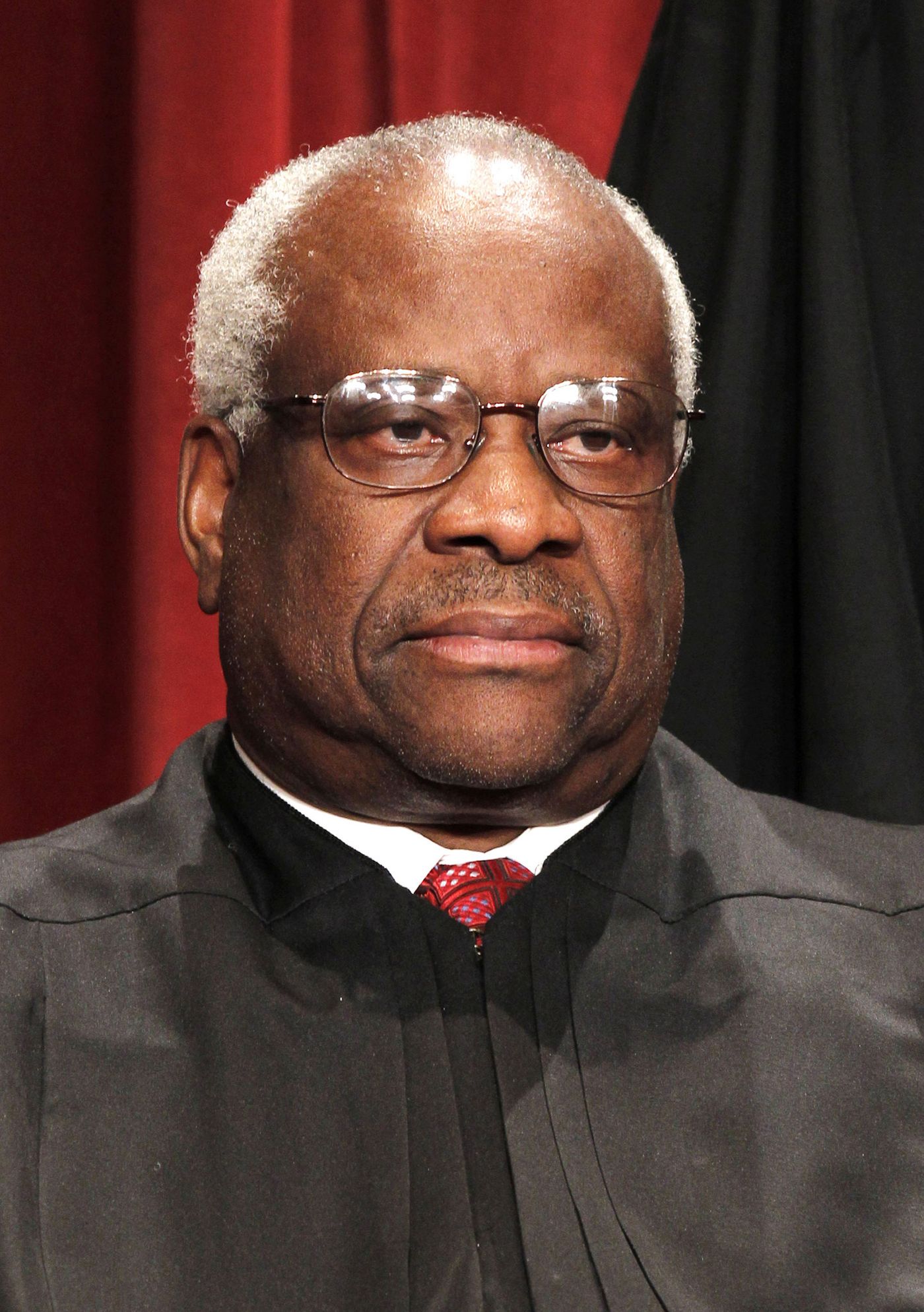Why Should a Single Federal Judge Be Able to Make Law for the Whole Country?
While we fill a Supreme Court vacancy, let’s also have that debate.
Whenever there is a Supreme Court vacancy, I view it as a chance to teach voters about the courts and their legitimate role in our government. We could use that. Last year, the Annenberg Center found that only 26 percent of those it surveyed could name the three branches of government (executive, judicial, and legislative). A full 33 percent couldn’t name even one branch.
Confusion about the proper role of the courts extends to many of our sitting judges. Last month, while the Supreme Court narrowly upheld the so-called Trump travel ban, Justice Clarence Thomas raised an issue that the next Supreme Court justice may have to weigh in on. Why is it, he asked, that a single federal district judge can impose an injunction blocking a presidential executive order in all 50 states even if none of his colleagues (599 district judges) thinks it’s a good idea?
Justice Thomas wrote:
These injunctions are beginning to take a toll on the federal court system — preventing legal questions from percolating through the federal courts, encouraging forum shopping, and making every case a national emergency for the courts and for the Executive Branch.
I am skeptical that district courts have the authority to enter universal injunctions. These injunctions did not emerge until a century and a half after the founding. And they appear to be inconsistent with longstanding limits on equitable relief and the power of Article III courts. If their popularity continues, this Court must address their legality.
Since January 2017, the “resistance” to President Trump has succeeded in getting 22 injunctions against his actions on issues ranging from the “Dreamers” to sanctuary cities and transgender policy in the military.
Read the rest from John Fund HERE.







Comments are closed.